Treatment
Which Treatement We Provide
Our Treatments


Breast Cancer
breast cancer is the most common cancer diagnosed in women in the India. Breast cancer can occur in both men and women, but it’s far more common in women.

Ovary, Cervix Cancer

Ovarian cancer is a growth of cells that forms in the ovaries. The cells multiply quickly and can invade and destroy healthy body tissue.

Prostate Cancer
Prostate cancer is cancer that occurs in the prostate. The prostate is a small walnut-shaped gland in males that produces the seminal fluid that nourishes and transports sperm.


Head-Neck Cancer

Cancers of the head and neck include cancers that start in several places in the head and throat, not including brain cancers or cancers of the eye.

Lung and Respiratory Tract Cancer

Lung cancer begins in the lungs and may spread to lymph nodes or other organs in the body, such as the brain. Cancer from other organs also may spread to the lungs.

Esophagus, Stomach Cancer


Kidney and Urinery Bladder Cancer


Leukemia, Lymphoma, Myeloma


Bone and Soft Tissue
Soft tissue sarcomas can develop in soft tissues like fat, muscle, nerves, fibrous tissues, blood vessels, or deep skin tissues. They can be found in any part of the body.


Skin Cancer and Melanoma


Pain and Palliative Care

For patients whose cancer is incurable and patients whose life expectancy is limited, we can improve their quality of remaining life with pain medicines and supportive measures like nutrition care, wound care, stoma care. Psycological support to patient and care providers and family is also very important aspect of end of life care

Oncological Emergences

Oncological emergencies are defined as any acute possible morbid or life-threatening events in patients with cancer either because of the malignancy or because of their treatment.
